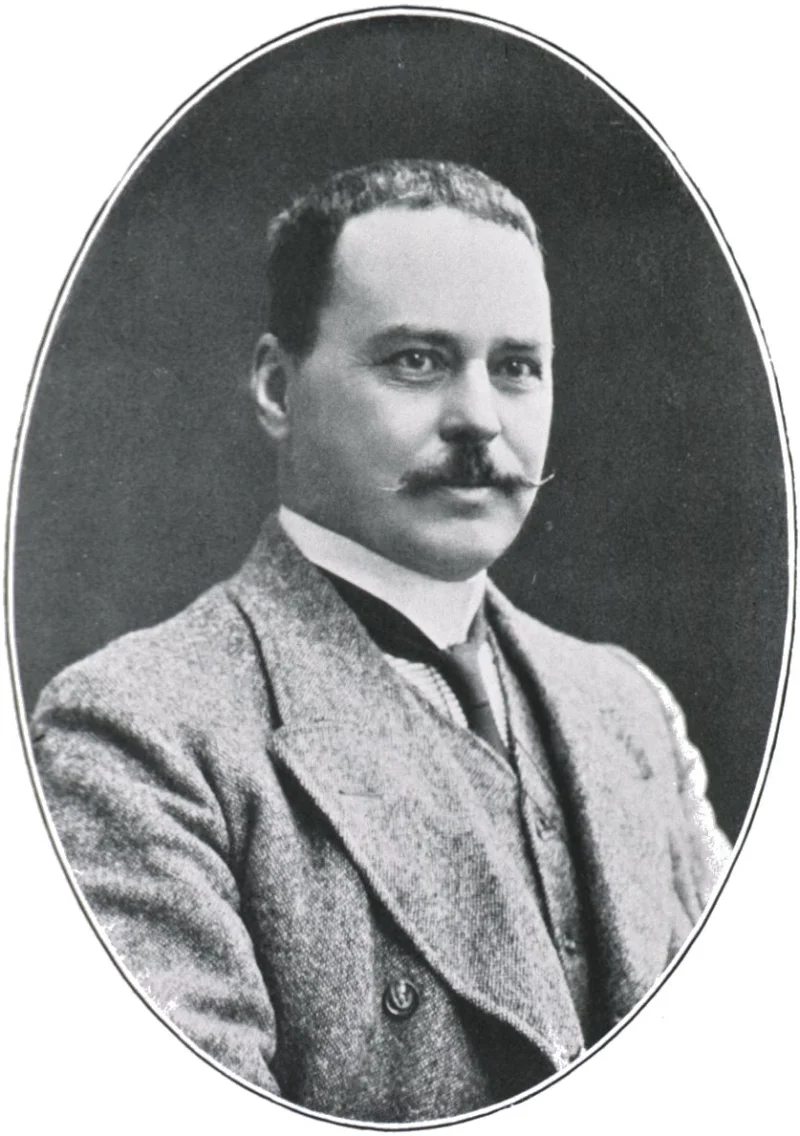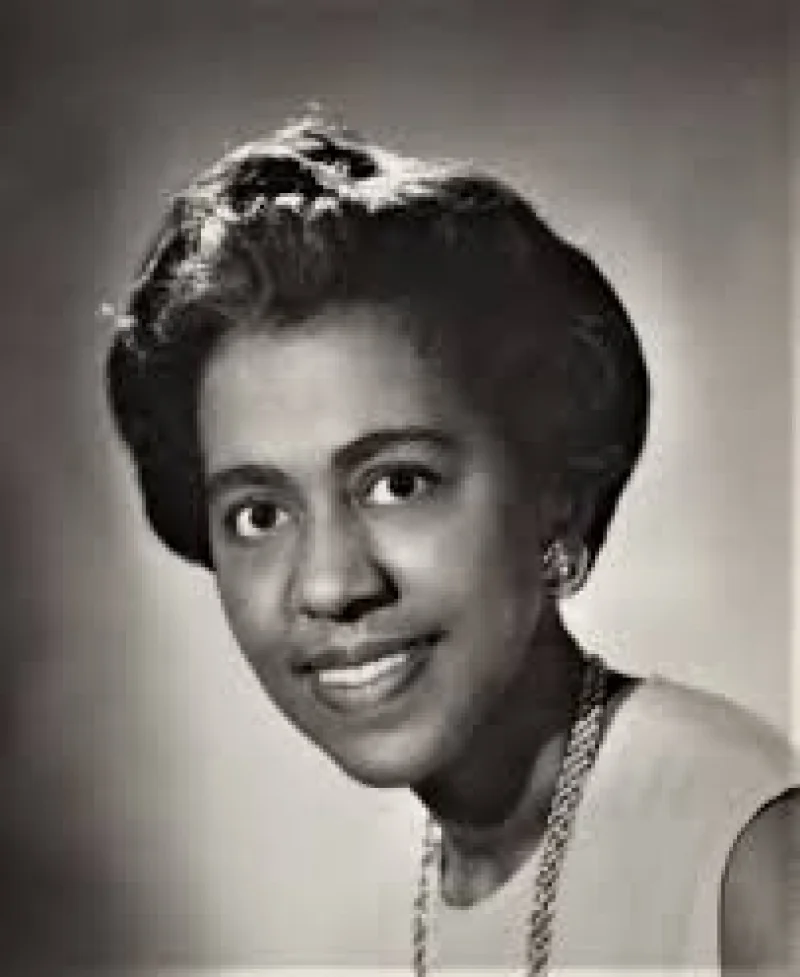Short Summary
Ronald Ross was a British medical doctor and researcher renowned for his groundbreaking work on malaria. He was the first to discover the transmission of malaria by mosquitoes, which significantly advanced the understanding of the disease and its prevention. His findings laid the foundation for combating malaria, earning him the Nobel Prize in Physiology or Medicine in 1902. Ross's work has had a lasting impact on public health and tropical medicine.
Early Life & Education
Ronald Ross was born on May 13, 1857, in Almora, India, into a British colonial family. His father, Sir Campbell Claye Grant Ross, was a general in the British Indian Army. Ross was educated in England, first attending a boarding school before studying medicine at St Bartholomew's Hospital in London. Despite an initial lack of interest in medicine, he eventually pursued a career in the field, influenced by his family background and the colonial environment of his early years. Ross qualified as a doctor in 1881 and joined the Indian Medical Service shortly thereafter.
Career Highlights
Ross's career was marked by significant contributions to medical research, especially in tropical medicine. In 1897, while working in India, he discovered the malarial parasite in the gastrointestinal tract of a mosquito, proving that mosquitoes were the vector for malaria transmission. This discovery was a pivotal point in understanding and controlling the disease. After returning to England, he continued his research and became a lecturer at the Liverpool School of Tropical Medicine. Ross also worked on mathematical modeling of malaria epidemiology and served as a consultant for various health organizations.
Major Achievements
- Discovered the transmission of malaria by mosquitoes, revolutionizing the understanding of the disease.
- Awarded the Nobel Prize in Physiology or Medicine in 1902 for his work on malaria.
- Contributed to the development of mathematical models for studying the epidemiology of infectious diseases.
- Established the Ross Institute and Hospital for Tropical Diseases in London, focusing on research and treatment.
Famous Quotes
- "The discovery of the mosquito transmission of malaria is the greatest triumph of the century in the field of preventive medicine."
- "In the midst of the battle between man and disease, the most dangerous enemy is ignorance."
Interesting Facts
- Ross was a polymath, with interests spanning poetry, mathematics, and music, in addition to medicine.
- He was knighted in 1911 for his services to medicine and public health.
- Ross wrote numerous poems and even two novels, showcasing his literary talent.
- He spent many years advocating for improved sanitation and mosquito control as public health measures.
Legacy / Influence
Ronald Ross's pioneering research on malaria transmission laid the groundwork for modern efforts to control and eradicate the disease. His work continues to influence public health strategies and tropical medicine research. The Ross Institute, established in his honor, remains a testament to his enduring impact on global health.
FAQ
Q: Why is Ronald Ross famous?
A: He is famous for discovering the transmission of malaria by mosquitoes.
Q: What did Ronald Ross win the Nobel Prize for?
A: He won the Nobel Prize in Physiology or Medicine in 1902 for his work on malaria.
Q: What was Ronald Ross's contribution to mathematical modeling?
A: He developed mathematical models for studying malaria epidemiology, which helped in understanding the spread of infectious diseases.












